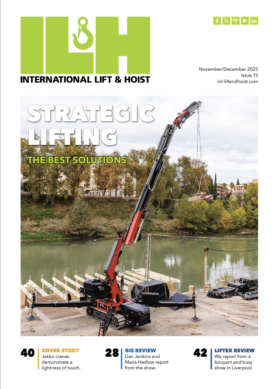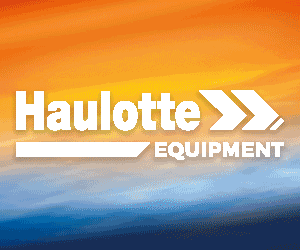)
Zooming back to school
When the Coronavirus (Covid-19) pandemic struck, people diligently followed lockdown conditions and got to grips with a world turned upside down. Homebound work, shopping, teaching and even entertainment regimes were quickly established, and we soon found communications technology to be a tremendous enabler in getting through the COVID era – Zoom, Whatsapp, Microsoft Teams, Skype, et al have kept the world in touch with families, colleagues and students. Many of the new ways we have learned to go about our every day lives are likely to become an established part of our future – whether it’s a conversion to homeworking or online shopping.
Teaching too has gone through an online revolution during the pandemic. Writing in the UK’s Financial Times recently, Kenneth Baker, a former UK secretary of state for education and co-founder of the Baker Dearing Educational Trust, suggested that the kind of adaption to technology that took place during the COVID-19 outbreak could enhance education going forward, leveraging technology such as Zoom, Microsoft Teams and Google Classroom for collaborating online learning.
In the article he also pointed out that, “When the pandemic ebbs Britain cannot go back to a low-skilled economy, because it will not be there. Unemployment will be high for both school-leavers and graduates. Schools should tell students that technical courses, possibly with paid apprenticeships, are a pathway to career success. Those going on to university should choose a course which British manufacturing and services need.”
These are two important points upon which we as an industry must act. We have a great chance to use technology as a means of showing students the opportunities in our industry.
Last year as part of our 75th anniversary celebrations, the Lifting Equipment Engineers Association (LEEA), in association with LHI magazine, launched Think Lifting – a new school engagement programme that aims to bring the opportunities of entering the lifting industry to the attention of pre-option secondary school children (ages 11-13) through linking them to the local lifting sector. Since then we have produced two informative films aimed at showcasing our industry to young people and gaining their interest. Those who are attracted will have a pathway into our sector via the new apprenticeship, which is now very close to being available.
We originally envisaged LEEA members themselves going to their local schools and engaging with students in the class. To help them understand how being an engineer is a skilled, attractive and varied occupation, where they can find themselves on-site doing a multitude of tasks. As a result of COVID-19, LEEA has changed the approach of the Think Lifting programme so that the lesson can be delivered remotely, thus ensuring compliance with any pandemic regulations around schools.
This September LEEA will launch the Think Lifting School Lesson. The ‘ready to use’ lesson includes films, content, experiments and leave behind hand-outs that will allow LEEA member companies to engage with their local schools in order to help raise awareness of the Lifting Industry. The Think Lifting School Lesson will be free to use and can be found on the LEEA website: leeaint.com. Any necessary materials can be sent to LEEA members free of charge.
In the UK, it is currently the government’s plan that all pupils, in all year groups, will return to school full-time from the beginning of the autumn term. It has produced guidance on how schools should operate that will be reviewed and updated as necessary. In September I will be using Zoom to introduce our new solution to LEEA members and I urge them to get involved in delivering this lesson. After all, what could be more fulfilling than teaching our potential next generation about our industry?
The Think Lifting School Lesson continues the momentum established with the release of the two Think Lifting films that seek to explain the importance of lifting in the world around us, as well as the opportunities that exist in the industry. It is vital that we learn to adapt to the new normal in any way we can and by bringing our industry, which has been hidden for too long, into the classroom online, we can demonstrate the dynamism in our sector as well as inspiring the imagination of students.











